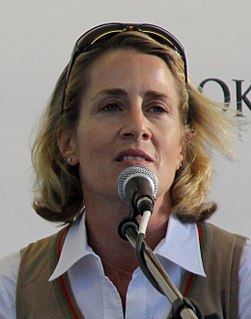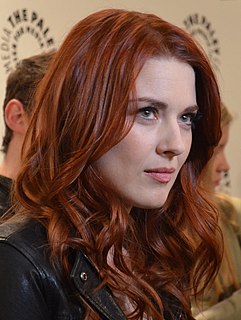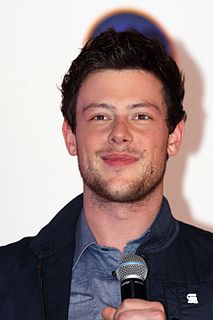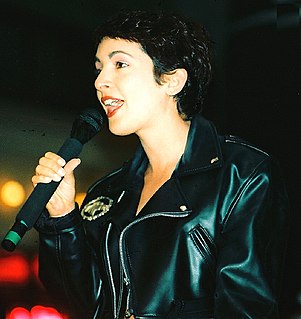A Quote by Cecily von Ziegesar
I'm always saying that my books are not autobiographical because they're not. I can't choose any one scene and say, 'Oh, this is exactly what happened to me!' I just use little snippets of things as a starting point!
Related Quotes
My films have always had an element of immediate autobiography, in that I shoot any particular scene according to the mood I'm in that day, according to the little daily experiences I've had and am having - but I don't tell what has happened to me. I would like to do something more strictly autobiographical, but perhaps I never will, because it isn't interesting enough.
Like any other person who reads a ton of books, I hate many, many books. Oh, how I hate them. I have performed dramatic readings of the books I hate. I have little hate summaries. I have hate impressions. I can act out, scene by hateful scene, some of these books. I can perform silent hate charades.
That was sheer luck that it [being immersed into folk scene] happened when my voice began to develop. I don't know exactly what would have happened if I hadn't been alive and well and really lively in the Cambridge scene. But (the folk scene) was, and I fell into it absolutely naturally in the little coffee shops, and pretty soon it was Newport and then it was an overwhelming response internationally, actually.
There's lots of good movies where you feel that the dialogue could be improvised, but very little was. The "Big Lebowski" was like that where people say "oh, you know, that sounds so..." and we'd always go back and get every man, every ellipses in there the way these guys write it. Because not only is it saying what Michael wants the character to say but the way they all speak kind of creates this tone because it's not exactly real.
Any story has a beginning, middle, and end, of course, but the question is, where do you start it exactly? It's about a guy who is murdered in a fistfight, but how does it evolve and what does it mean? That's what I discovered scene by scene, and this innovation of coming in as a first-person narrator was a complete surprise to me. It just happened.
I use a lot of similes and metaphors when I work, simply because it's my best way of describing a building or a scene. I'm terrible at describing landscapes - trees, buildings. The inanimate things don't interest me: I always think, "Oh, no, here comes another building I have to describe." So I usually use a simile or metaphor.
People say to me, Oh, it's so wonderful that you're writing about real things, and that it's a political thing to do, and I say, look-to be in my position and not say anything is a hell of a political thing. You need to think politically, otherwise you'll be one of these people who says, Oh, this person's saying this and that person's saying that, and I'm confused. And I say, yeah, because you want to be confused.
My past made me who I am today. I can’t just pretend it never happened. But the biggest lesson I learnt from that, is that I can be an example for others who are still struggling! There’s always hope and help for everyone. I think it’s my responsibility to do that, to help. I always refer to this as the “moment of clarity”. It’s hard to explain what really happened, but it was a once in a lifetime kind of moment. I had reached my lowest point and I just knew things had to change quickly because there was just no other way, you know.
I'm always reading many books at a time. It might be quite unorthodox, but what I do is, since I'm always surrounded with books, I'll read a page of physics, and then I'll read a chapter of a novel that I really love, and then I'll say, "Oh well, what does that mixture do in my head?" I adore reference books. I love encyclopedias. I also like just going back to original texts, because a lot of these self-help books today.
The whole punk scene is, of course, responsible for the Go-Go's ever getting created. Because before punk rock happened, you couldn't start a band if you didn't know how to play an instrument. But when punk happened it was like, 'Oh, it doesn't matter if you can play or not. Go ahead, make a band.' And that's exactly what the Go-Go's did.
We are the most focused company that I know of or have read of or have any knowledge of. We say no to good ideas every day. We say no to great ideas in order to keep the amount of things we focus on very small in number so that we can put enormous energy behind the ones we do choose.....It's not just saying yes to the right products, it's saying no to many products that are good ideas, but just not nearly as good as the other ones.


































